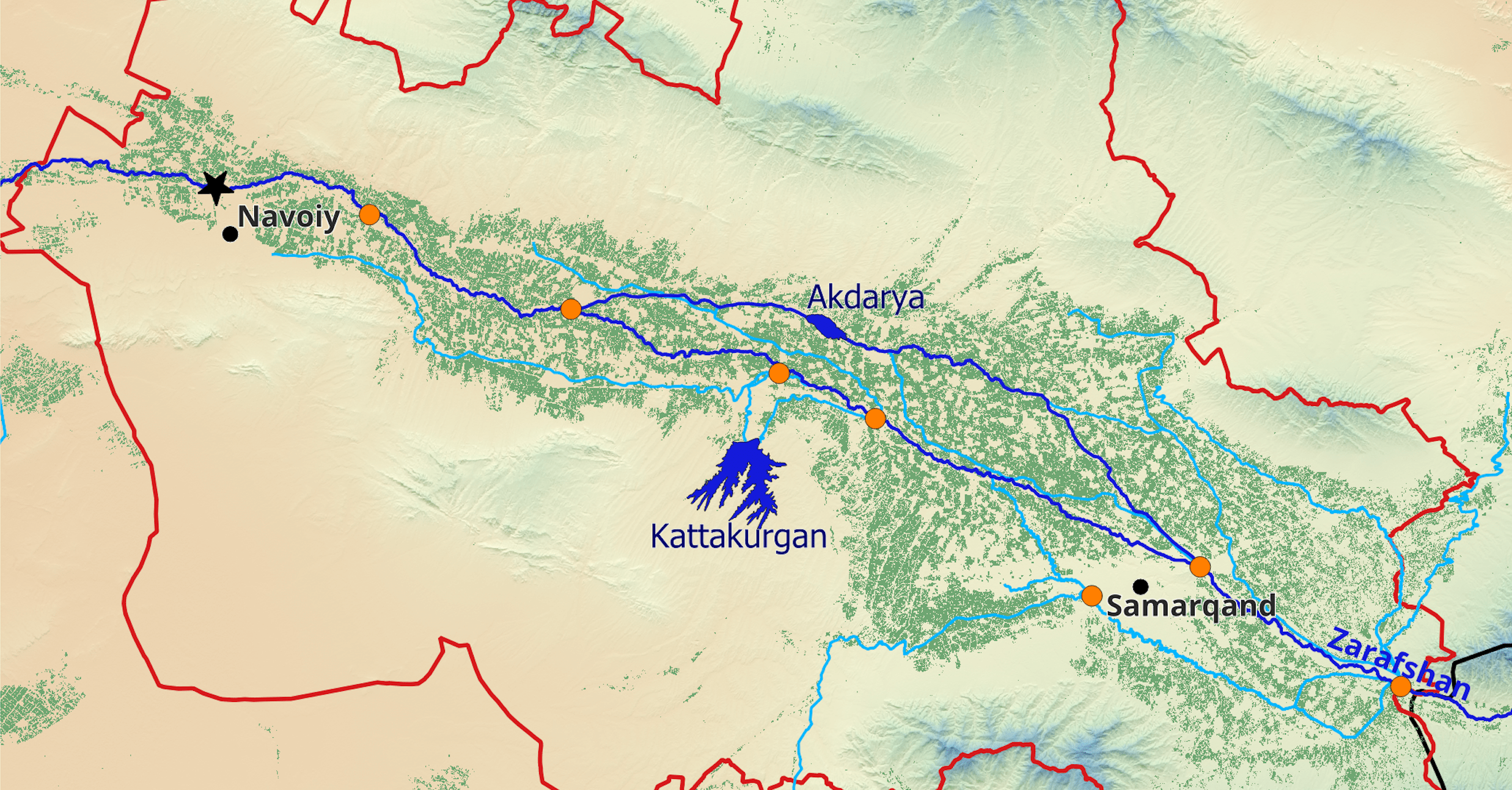Hydro4U - Sustainable small-scale hydropower in Central Asia
The Hydro4U project an innovation action initiative project funded by the European Union's (EU) Horizon 2020 scheme, aims to advance and fine-tune sustainable, practical technologies, strategies, and evaluation tools for small-scale hydropower. Its primary objective is to boost their use in Central Asia.
The Hydro4U five-year collaborative effort involves 13 partners from the EU and Central Asia, including scientific institutions, consultancies, industry affiliates, and non-governmental organizations. The project's intention is to generate a long-lasting impact on Central Asia by innovatively addressing the typical challenges associated with hydropower development, spanning technical, ecological, economic, and social dimensions.
The project's activities encompass an appraisal of Central Asia's potential for small hydropower (SHP), supplemented by an analysis of this energy generation type within a water-energy-food-climate nexus context. At the project's core is the creation of two distinct kinds of modular and sustainable innovative SHP technologies – a hydro shaft powerplant for low heads (2 – 12 meters) and a Francis Container SHP for medium heads (30 – 130 meters). Their real-world application and evaluation will be carried out through two large-scale demonstration activities, involving comprehensive planning and evaluation processes.

The planning stage will also incorporate innovative components and sustainability factors by integrating uncertainties in hydrology due to climate change. State-of-the-art methodologies will be employed to ascertain environmental flows in river segments affected by the SHPs and ensure bidirectional fish migration.
In order to extend the learnings and experiences gained from the project, additional 'planning activities,' which essentially equate to bankable feasibility studies, will supplement the demonstrations. These activities are integral to a broader replication strategy. Furthermore, exploitation and dissemination have been incorporated into the project's framework.
The demonstration activities are designed to illustrate how sustainably implemented SHP can address current and future issues arising from the transition to green energy. Central Asia poses unique challenges as existing water resource-related conflicts between upstream and downstream riparian states persist. Recent research suggests that climate change will have a particularly severe impact on the region, with hydrological extremes expected to intensify under typical climate change scenarios.

hydrosolutions GmbH, the lead hydrology partner in this initiative, is engaged in numerous work packages. Our involvement includes hydrological modelling for hydropower design and to gauge the effects of climate change on river discharge in demonstration basins, assessing present and future water availability for SHP in the high mountain Central Asia region. Furthermore, we are deploying a water accounting software called Count4D in the transboundary demonstration basin of Shakhimardan for better and more transparent accounting and accountability.
Downloads
More Projects






